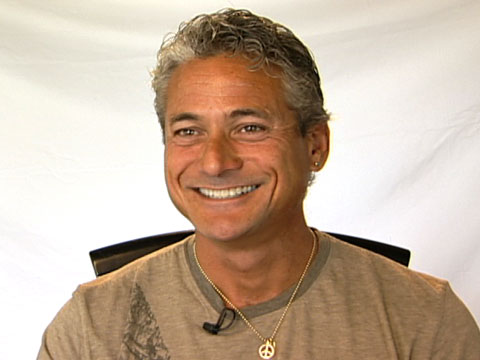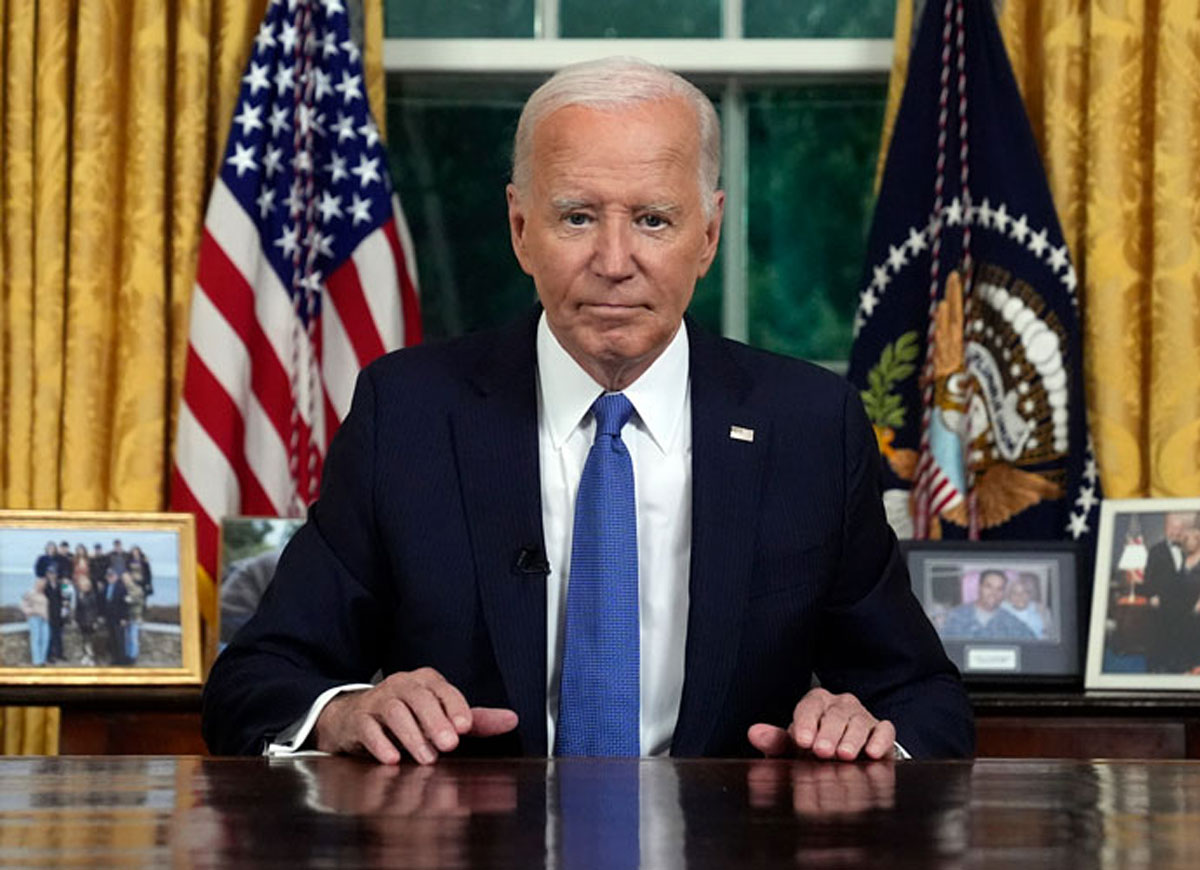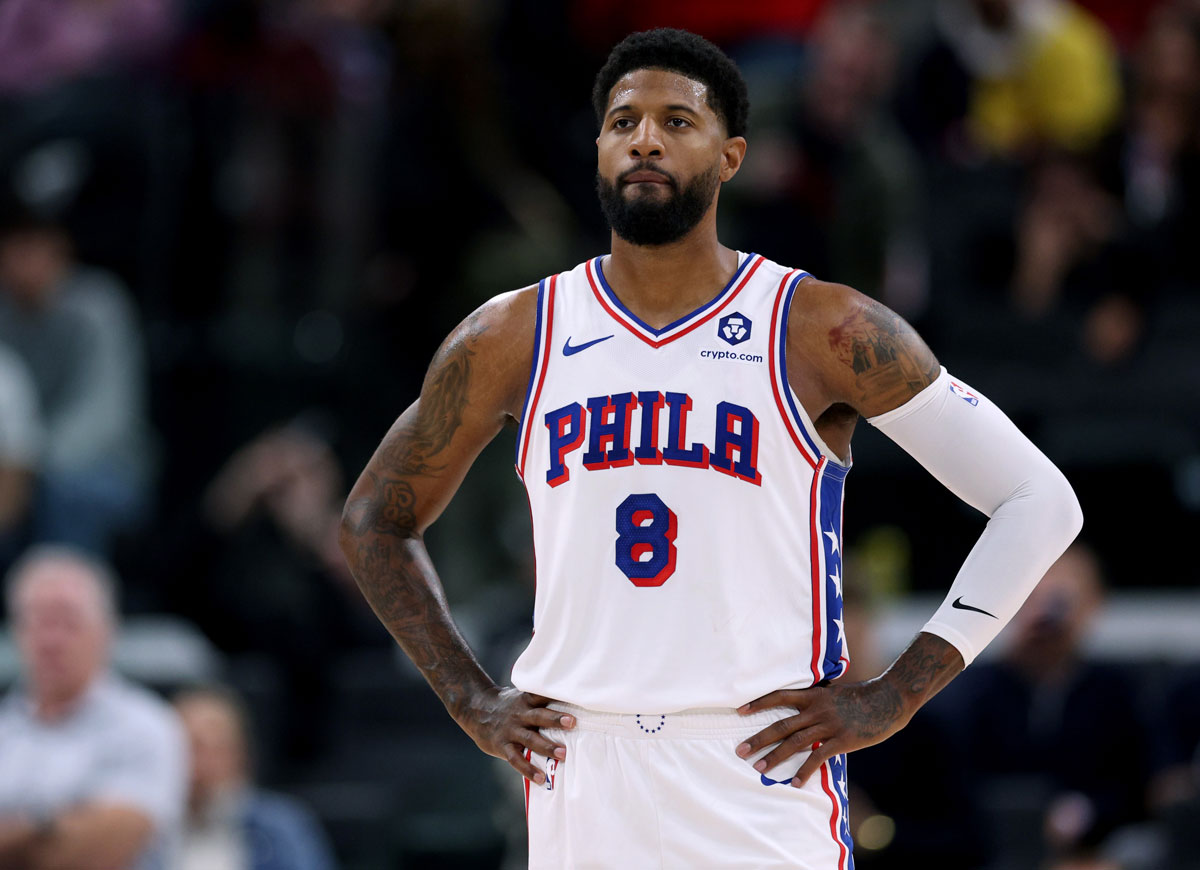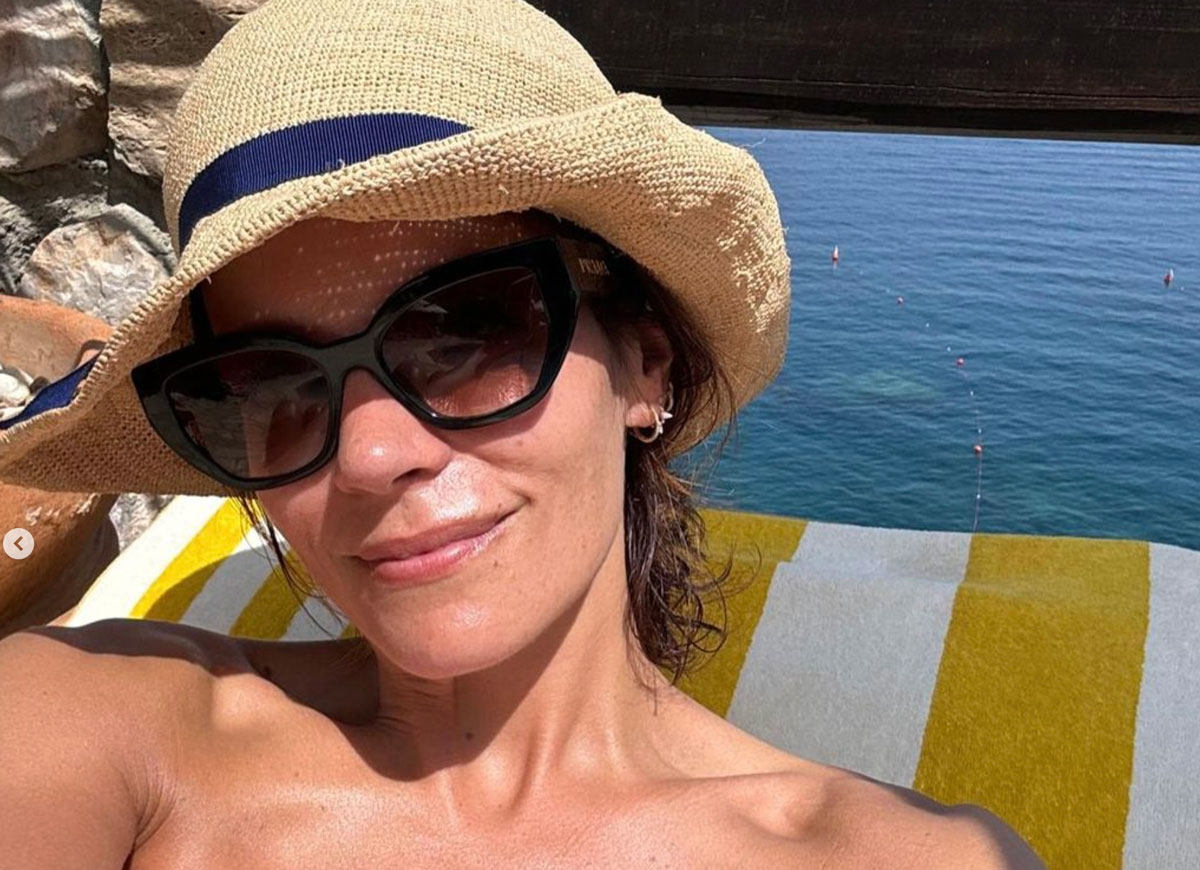Greg Louganis Video Interview On The Olympics, Fighting HIV
Olympic Gold Medalist Greg Louganis opens up about watching the Beijing Games and why he hasn’t dived in over a decade.
Q: The Chinese came to dominance in diving by filming you. How do you feel about that?
A: It’s all my fault [laughs]. No, it’s flattering that they thought enough of my talent or abilities to study me. When we first started to compete against the Chinese in the early 80s –there was one kid, I was looking at him and all the mannerisms and movements – it was me when I was 16. It kind of blew me away.
Q: When was the last time you practiced diving?
A: I haven’t been on the boards for over 10 years. The last time I was on boards was Greg Brodie, I was granting his wish for the Make-A-Wish Foundation. His wish was to be coached by me. And he could dive. I think we did some synchronized dives. It was hysterical.
Q: What were your feelings while watching the Beijing Olympics opening ceremonies?
A: It was incredible. It was just an unbelievable show. As an athlete you don’t see the show. You’re just paraded in at the very end and you see the lighting of the torch, but that’s about it. The only opening ceremonies that I went to was 1996 in Montreal. That was incredible. To be a part of Team USA and walking in and every seat in the stadium is filled and people cheering, it’s really an incredible incredible high.
2 Comments
Leave a comment
It's all my fault [laughs]. No, it's flattering that they thought enough of my talent or abilities to study me. When we first started to compete against the Chinese in the early 80s –there was one kid, I was looking at him and all the mannerism and movements – it was me when I was 16. It kind of blew me away.
I haven't been on the boards for over 10 years. The last time I was on boards was Greg Brodie, I was granting his wish for the Make A Wish Foundation. His wish was to be coached by me. And he could dive. I think we did some synchronized dives. It was hysterical.
It was incredible. It was just an unbelievable show. As an athlete you don't see the show. You're just paraded in at the very end and you see the lighting of the torch, but that's about it. The only opening ceremonies that I went to was 1996 in Montreal. That was incredible. To be a part of Team USA and walking in and every seat in the stadium is filled and people cheering, it's really an incredible incredible high.
I've worked with a number of the U.S. divers. We did performance enhancement workshops, so I was brought in helping them with the relaxation, visualization, approach to competition. That was good. I was also challenged by my coach to be able to teach somebody, a young diver, how to breathe through their dive. It was a great challenge. I used what I use in dog training or clicker training. I think they call it tag teach for humans. That was fascinating. It was a lot of fun.
Boycotts don't work. We had the boycott of 1980 – we didn't go to Moscow. And then the boycott of 1988 where a lot of the Eastern Block countries didn't come to L.A. My competition was there. It did affect some of the other sports. I don't know if we would have done as well as we would have done in had they been here. But my competition was here. It was China. I'm glad that they saw the light because when you're an athlete you're focused on your job and your job is to focus on your performance, whatever sport that may be. What's going on outside in the world you're not really aware of – at least I wasn't. Boycotts hurt the wrong people.
It was real challenging because I had just been diagnosed earlier that year being HIV positive and at that time we thought of it as a death sentence. I knew I was in a country that I wouldn't be welcome if had they known my HIV status and probably wouldn't have allowed me to compete because I tried to get Ryan White [to the Games], a young man who contracted HIV through his clotting factor – he was a hemophiliac – he fought the legal system to get the right to an education. He was kind of my inspiration to get through that competition because after I hit my head on that board, I went into the competition as the favorite in those 3 seconds when I hit my head I became the underdog. Ryan was really my inspiration to hang in there because I thought to myself, 'Well what would Ryan do?'And I knew he would fight. So I hung in there and fought through. I couldn't have done that without my coach, Ron O'Brien. I'm a firm believer that you don't achieve greatness on your own. There's always someone there whether it be a supportive parent, or coach, or friend, or partner. It's a team effort, it really is.
I'd have to say David Boudia and Thomas Finchum. They're up and coming, they're young, that's kind of our future. Haley, a young diver who crossed over from gymnastics, which is a great crossover because I started in acrobatics and gymnastics as well and then made my way to diving. That's kind of who we're looking for, looking to guide U.S. diving.
A lot of people ask me what my greatest accomplishment has been. A lot of people expect world championships, Olympic games, gold medals,
whatever. But truly that gave me a platform to be heard from and for people to listen to me. But my greatest accomplishment so far has been
writing the book Breaking the Surface because when I was on my book tour there were thousands of people who showed up to my book tour. A lot of people came up to me and said, 'You saved my life.' For a response like that, coming forward with my HIV status, coming out about my sexuality of who I was, that whole journey of getting out of an abusive relationship, those are things that a lot of people related to. The book gave them strength to leave those abusive relationships or come out to their family about their sexuality or their HIV status. That is the thing I'm most proud of because it made a difference and that's what we all want to do is make a difference in the world.
Right now I've got four dogs. I've got two Jack Russels, a Border Collie, and a Poomie. Poomie is a Hungarian herding breed not very well known in the United States. So that's a new venture. She's only like six months old, so I'm in the process of training her, but we compete in dog agility and obedience. I've done a little bit of herding. I've got my starter sheeps collars on my Border Collie. I even had one of my Jacks do a little bit of herding. It was a little scary, but she'd move the sheep. It was great.
RELATED ARTICLES
Get the most-revealing celebrity conversations with the uInterview podcast!








Now we knowâ
good stuff